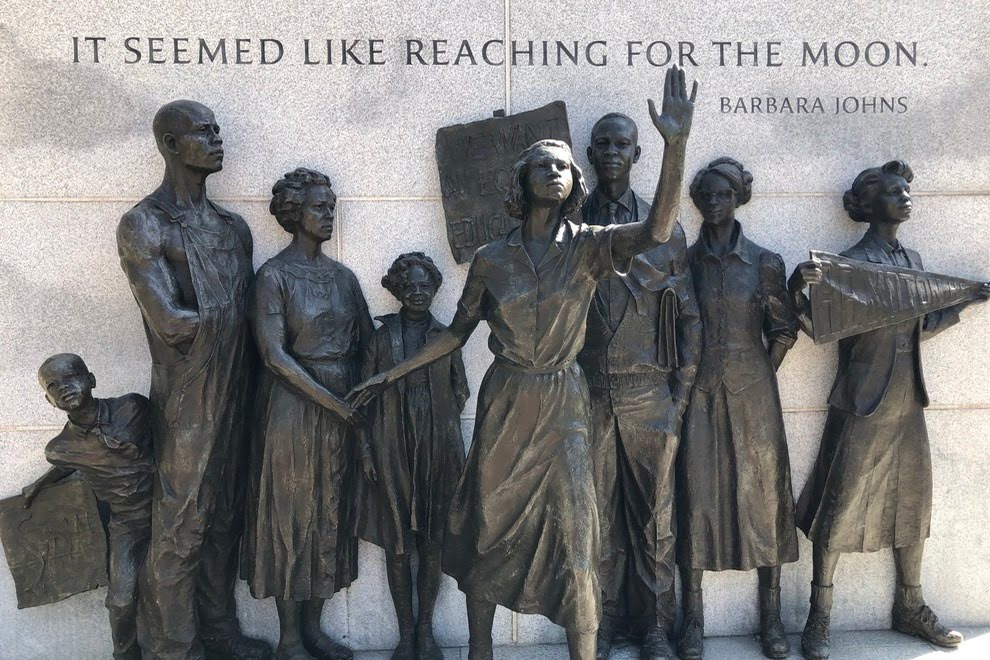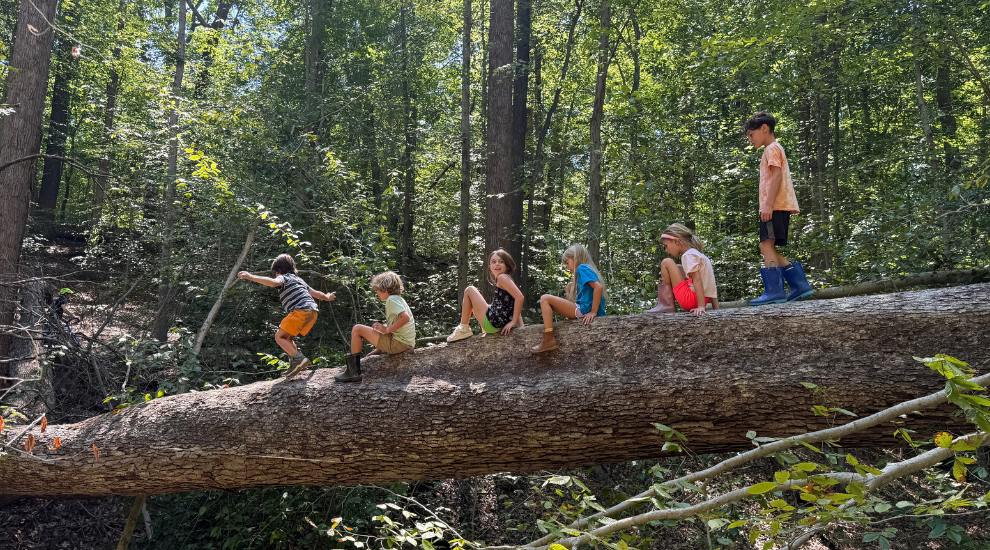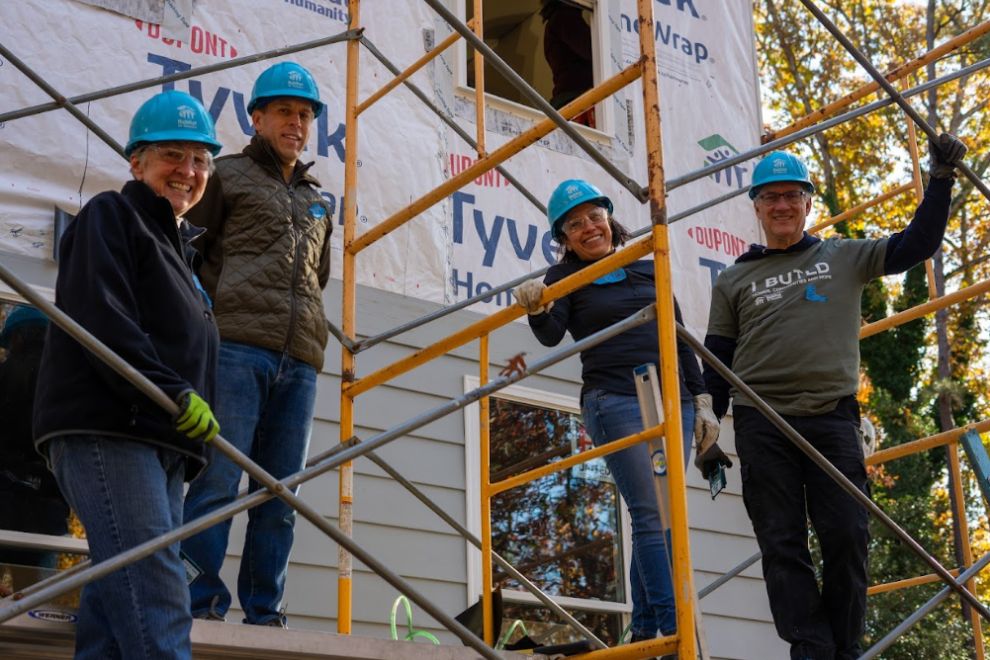Even the world’s most dangerous bird has a soft spot for romance on Valentine’s Day!
A romance has been blooming at the Virginia Zoo since Feb. 5, when Earline, a female cassowary who came from the National Zoo in January 2012, was introduced to a shared habitat with Boris, the Virginia Zoo’s male cassowary. Video of their love is available at: http://youtu.be/Otoy29Ql708.
“Boris is definitely interested,” said Alexandra Zelazo-Kessler, the Virginia Zoo’s lead bird zookeeper. “The pair will stay together until the female lays eggs or they lose interest. If we are so lucky as to have eggs, Boris will incubate and raise the chicks. In the cassowary world, fathers do all the hard work.”
Cassowaries are flightless birds native to the tropical forests of New Guinea, north-eastern Australia and area islands. They feed mainly on fruit, though they are omnivorous and also eat various plant shoots, seeds, insects, and small reptiles and mammals. They are among the largest birds, smaller only than the ostrich and emu. Cassowaries are actually very shy, but are capable of inflicting serious injuries with their claws. They have a reputation as world’s most dangerous bird, but in reality attacks are rare and usually involve people who feed the birds.
“We’re very excited about helping to establish a self-sustaining population of cassowaries in U.S. zoos, so we can learn more about them and assist with their conservation in the wild,” said Greg Bockheim, the Virginia Zoo’s executive director. The cassowaries at the Virginia Zoo are not currently on exhibit, but Bockheim added that there are plans for putting them in a habitat that can be visited by the public in the future as the program develops.
Photo cut-line (photo attached):
Earline, a female cassowary, looks lovingly at Boris, a male, in his stall as the couple are introduced into a common habitat at the Virginia Zoo Tuesday, Feb. 5, 2013 (Virginia Zoo photo by Alexandra Zelazo-Kessler).
###
As an accredited Association of Zoos and Aquariums (AZA) facility, the Virginia Zoo exhibits more than 400 animals on 53 beautifully landscaped acres. For more than a century, the Virginia Zoo has demonstrated a commitment to education and conservation, and offered a fun-filled day for visitors of any age. Open daily from 10 a.m. to 5 p.m. and located at 3500 Granby Street in Norfolk. Daily admission prices are $11 for adults, $10 for seniors (age 62 and over) and $9 for children ages 2-11. Children under 2 are admitted free. Visit www.virginiazoo.org or call (757) 441-2374 for more information.
FOR IMMEDIATE RELEASE
Feb. 14, 2013
Contact:
Winfield Danielson
Marketing and PR Manager
Office: (757) 441-2374 ext. 223
Cell: (757) 777-7899
Email: winfield.danielson@norfolk.gov





